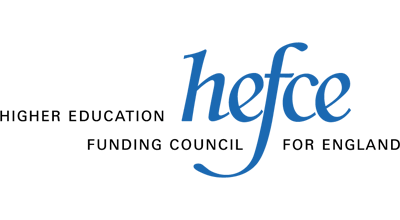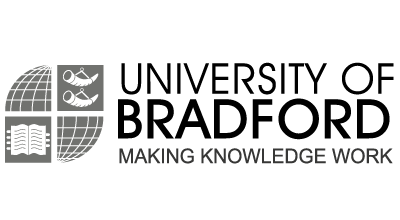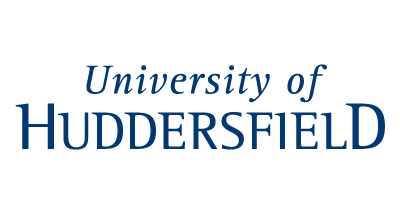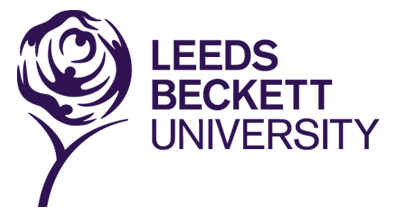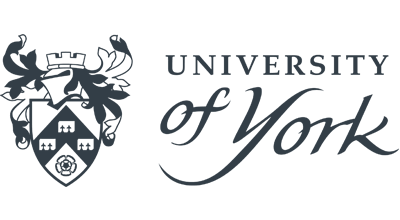Date published: 05/06/17
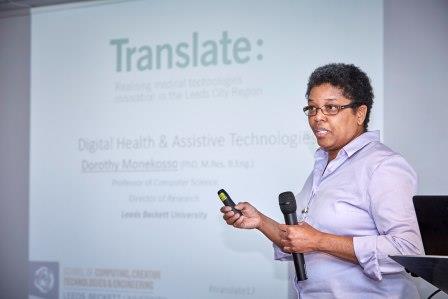
From space engineering to medical technologies
For computer scientist and engineer Professor Dorothy Monekosso, the Translate programme has provided an invaluable link to potential end users: the clinicians, commissioners, service providers and patients who might benefit from the technologies she develops.
Professor Monekosso began her career as a commercial engineer working in the space sector, but with many members of her family working in health and medicine, it was almost inevitable that she began applying her skills to that field. Now Professor of Computer Science at Leeds Beckett University, her research includes areas such as smart homes, assistive technologies and sensor data analytics.
“Basically I like making small, clever gadgets,” she says. “These can be used in all sorts of fields, but I prefer health applications because that’s where my work has the potential to make a real, practical difference to people’s lives.”
When she was invited to attend a Translate workshop on unmet clinical needs in dementia, she accepted immediately as it seemed an obvious fit with her work. Her hope was that the event would help broaden her network, and she was not disappointed.
“I was able to share ideas with a really wide range of people, including social workers, and experts from dementia charities and the City Council’s assisted living services. Professionals like these can give engineers like myself a route through to end users, which is really important. If we want to ensure our technologies are useful, and ultimately accepted by those we’re trying to help, we need those people to be part of the design process.”
Professor Monekosso was also invited to a subsequent workshop on unmet clinical needs in wound care. She accepted somewhat reluctantly, sceptical as to how the subject might relate to her skills.
“It was a total surprise,” she recalls. “The discussions were even more relevant to my research than the dementia workshop – which I really wasn’t expecting. It made me realise that my expertise can be applied to pretty much any field across medicine and health.”
Now Professor Monekosso attends every Translate workshop, both to identify potential collaborations for her own research interests, but also as Director of Research for the School of Computing, Creative Technologies & Engineering at Leeds Beckett University.
“Part of my role involves encouraging my colleagues to engage in knowledge exchange as part of their research,” she says. “From the Translate workshops, I can bring back information to researchers who might be able to participate in the collaborations being developed, and I encourage colleagues to take part in the workshops themselves. The Translate events are really fantastic and have been a very positive experience, both for established researchers within the School and our junior colleagues.”
Four projects have already taken shape from the workshops Professor Monekosso attended, and she is progressing these with other researchers and the support of the Translate Technology Innovation Managers. They include a review platform for assistive technologies, a sensor system to assess tremors in Parkinson’s patients, an application to assess activity levels in the elderly and a smart rehabilitation system for stroke patients. Some are being developed into funding bids, while others involve collaborations with local hospitals for small scale initial clinical evaluations.
Imaging and DiagnosticsRehabilitation and Assistive Technology

